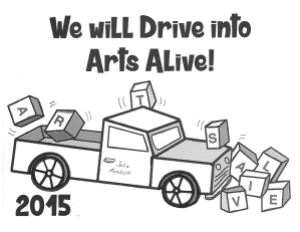
Bet you didn’t know today is World Teachers’ Day! Empowering teachers, building sustainable societies,” is the slogan for 2015.
By sheer coincidence, today I will be working with eighty third graders as part of the Valley Grange Words for Thirds Program. The program is designed to give third graders their own personal dictionary. I have the honor of facilitating the process and teaching the kids a little history and some basic dictionary skills.
Another coincidence was that one of the email newsletters I subscribe to included a very appropriate quote by thinker Friedrich Nietzsche (October 15, 1844–August 25, 1900).
Your true educators and cultivators will reveal to you the original sense and basic stuff of your being, something that is not ultimately amenable to education or cultivation by anyone else, but that is always difficult to access, something bound and immobilized; your educators cannot go beyond being your liberators. And that is the secret of all true culture: she does not present us with artificial limbs, wax-noses, bespectacled eyes – for such gifts leave us merely with a sham image of education. She is liberation instead, pulling weeds, removing rubble, chasing away the pests that would gnaw at the tender roots and shoots of the plant; she is an effusion of light and warmth, a tender trickle of nightly rain…
There may be other methods for finding oneself, for waking up to oneself out of the anesthesia in which we are commonly enshrouded as if in a gloomy cloud – but I know of none better than that of reflecting upon one’s educators and cultivators.
And therein lies a wonderful way to celebrate this relatively unknown day… thinking about those who have educated and “cultivated” us. We are all teachers and educators. We are all learners and students. I expect to learn something from these kids today. And I hope they learn something from me and the experience they have.
As I read Nietzche’s thoughts I was most struck by his suggestion that educators are liberators. Dictionary Day today will have, for me, a slightly different meaning today. I will be considering how today’s lesson and the book each child leaves with will be freeing and surely contribute to the person each becomes. As the kids would say, “Awesome!”



